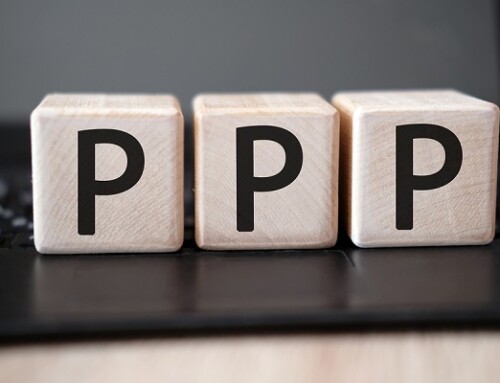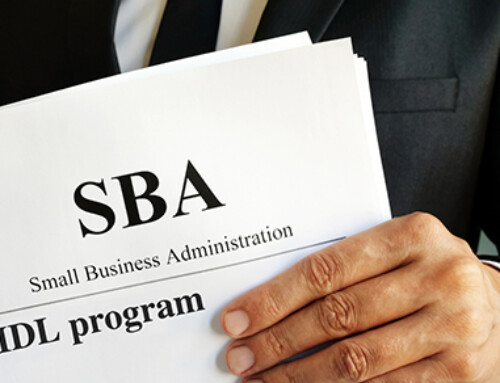The legal marijuana industry is booming across the United States.
But there are tax problems: since marijuana is still a federally controlled substance, selling it comes with costly federal tax consequences. The good news is that with knowledge of the law in this area and some planning, you can cut the tax bill that Uncle Sam would otherwise send you.
Here are two rules that apply to marijuana sales:
- All income from selling marijuana is taxable even though its sale is illegal under federal law.
- You are denied all ordinary and necessary business deductions against your marijuana sales income. You pay federal income taxes on your gross marijuana income!
The “gross income” taxation rule gives you a tax-planning opportunity. The tax code does not prevent those trafficking in controlled substances from deducting their cost of goods sold. Technically, cost of goods sold isn’t a deduction—it is an adjustment taken into account to determine gross income.
When you use an inventory method of accounting (which a marijuana seller must do), you
- capitalize eligible direct and indirect expenses of producing the inventory,
- recognize income when you sell the inventory, and
- recognize the allocated inventory expenses as cost of goods sold when you sell the inventory.
As you can see, step one for minimizing your taxes on a marijuana business is to create allocations to cost of goods sold that will stand up to IRS scrutiny.
I have considerable expertise in “cost of goods sold” allocations that I can bring to bear on your marijuana business. If you would like my help saving tax money on this business, please call us.





